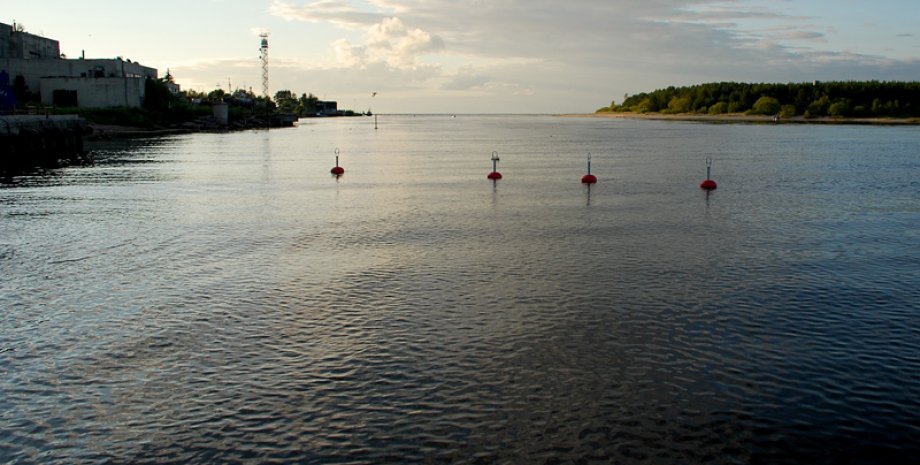
 By Victor Duda
By Victor Duda
This was reported in the summary of the Institute of War Study of May 23. On May 23, the Police and Border Guard Department of Estonia made a statement that on the night of May 22 to 23, Russian border guards removed 24 buoys that used navigable routes in Estonian waters on the Narve River, which demanded the international border between Estonia and the Russian Federation.
The head of the border management of Eastern prefecture Eric Purgel said that Estonia had established the first 50 of the planned 250 buoys on May 13, in accordance with the Estonian-Russian Agreement in 2022, even before a full-scale invasion of Ukraine. According to Purgel, Russia has announced that it did not agree with the places of about half of the planned location of the buoys.
The Estonian Foreign Ministry said that the removal of Buuiv "fits well into the broader scheme of" provocative actions of the Russian Federation, and that Estonia will consider this event as a "provocative border event". The country's Foreign Ministry also demanded clarification from Russian border guards and diplomatic officials and the immediate return of buoys. According to Prime Minister Kai Callas, Russia uses border problems as a means of creating fear and concern.
For his part, the Kremlin spokesman Dmitry Peskov called the proposal of the Ministry of Defense of the Russian Federation "adequate steps" to ensure safety in response to escalation of tension and increase the level of confrontation in the Baltic region. Russian border guards are likely to try to sow discord along Russia's international border and NATO country to evaluate NATO's response to future attempts to challenge the established borders.










All rights reserved IN-Ukraine.info - 2022